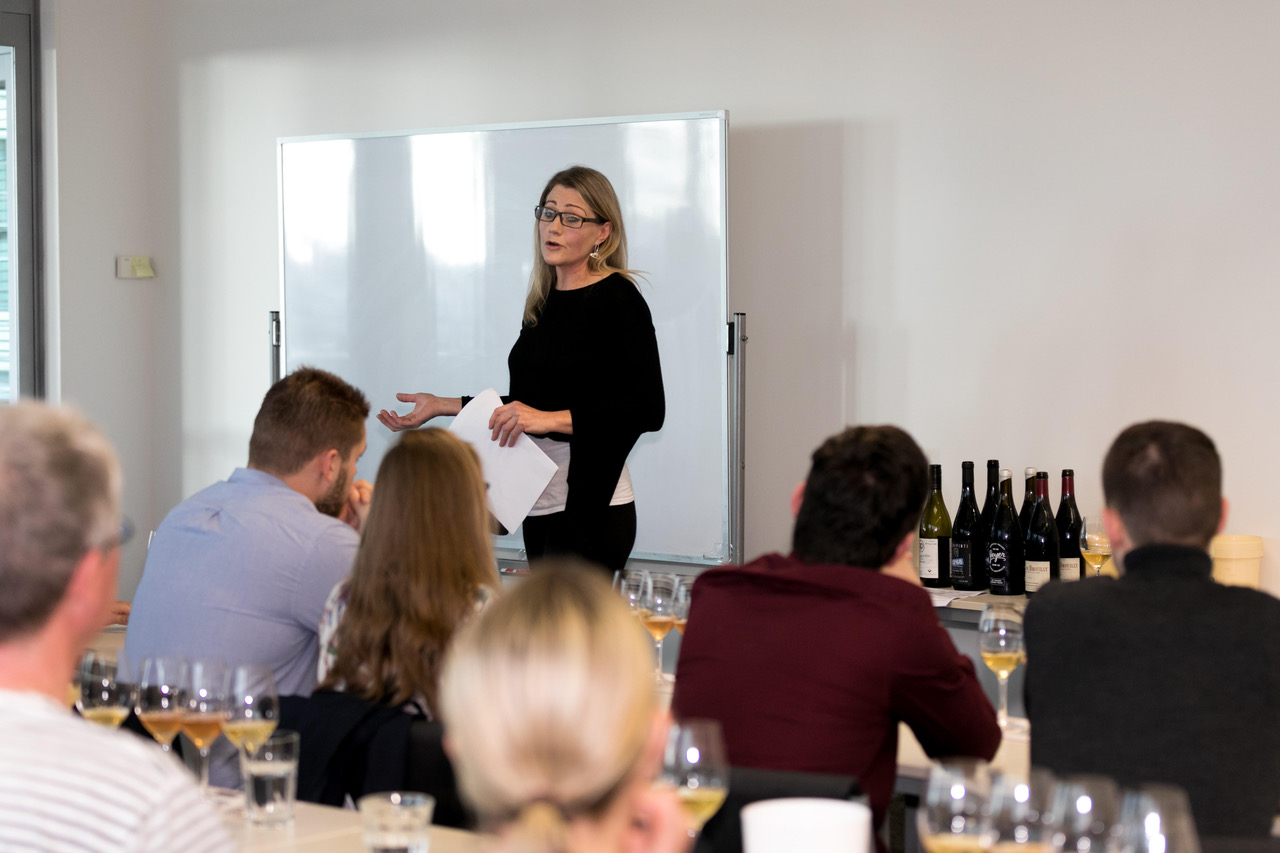Winemaker
Lynnette hudson
Winemaker
Collaborating with you to create and improve most classic varieties such as: Pinot Noir, Chardonnay, Sauvignon Blanc, Syrah, Riesling, Pinot Gris, Gewürztraminer, Semillon, Cabernet Sauvignon, Merlot and Malbec.
Having worked in numerous vineyards and wineries around the world including European and New World countries, I have an expansive knowledge of wine regions, winemaking techniques used, and their wines. Allow me to share my knowledge of wine, as well as my enthusiasm and passion for the craft with you.
Methods.
My sensitive, analytical and critical palate allows me to assess all wines, and suggest improvements for production in the following year. I am very experienced at tasting wines and making blends, resulting in better quality wines going to bottle, and am able to work worldwide.
Processing
Together, we can explore alternative methods of processing to improve wine quality and complexity such as: whole bunch pressing vs destemming and/or crushing, skin contact, especially for white varietals. I can improve wine quality by rethinking how the fruit is processed. If however, new equipment is needed I have done many experiments with machines and most recently the new Armbruster, Pellenc and Diemme destemming machines. It is essential that wineries are profitable and therefore any purchase of new equipment needs to result in greatly improved wine quality.
Sorting
Use of a sorting table, depending on price point and the quality of the fruit, sorting and handling botrytis infected fruit, especially for production of high quality sweet wines. Red wine production, the use of a sorting table, when to use whole bunches, as well as whether or not to use a destemmer and/or crusher.
pH-acid relationships
Excellent comprehension of pH-acid relationships in both juice and wine and when addition of acid is necessary or not, when to do a cold soak and for how long, cap management, plunging and/or pumping over, post fermentation maceration and sensory evaluation to determine total time on skins.
Fermentation
Use of natural yeast with all varietals, as well as the use of commercial yeast depending on price point and desired wine style. Fermentation control especially with respect to temperature, again variety and style dependant. Getting fermentations to go dry or if Residual Sugar is desired, stopping the fermentation via various methods.
I have many years experience working with numerous coopers with a focus on Burgundian suppliers: Tonnellerie de Mercury, Damy, Gillet, Anna Selection, Berthomieu, Francois Feres just to name a few. I am also well versed with the various forests and toast levels. Lees stirring if and when appropriate Malo-lactic fermentation, natural and using cultures, if and when appropriate. Use of SO2 with an emphasis towards less is best, yet not producing oxidised wines.
An understanding on the production of ‘natural wines’ what is involved to make these wine styles without producing faulty examples. Elevage of wines in tank and barrel. Tasting individual batches and experimenting to find the best possible blend.
Preparation for bottling
Preparation of wines for bottling: bentonite fining (trials through to addition and filtration afterwards) use of various other fining agents and cold stabilisation. My philosophy is however to process grapes such that minimal fining is needed; rather the wines are balanced and have complexity, structure and length due to processing and fermentation methods. Checking all forms of stability, tartrate stabilisation, protein stability and SO2 levels.
Bottling
Packaging: bottles, labels and closure type, screwcaps and/or corks and offering advice on all of these areas.




